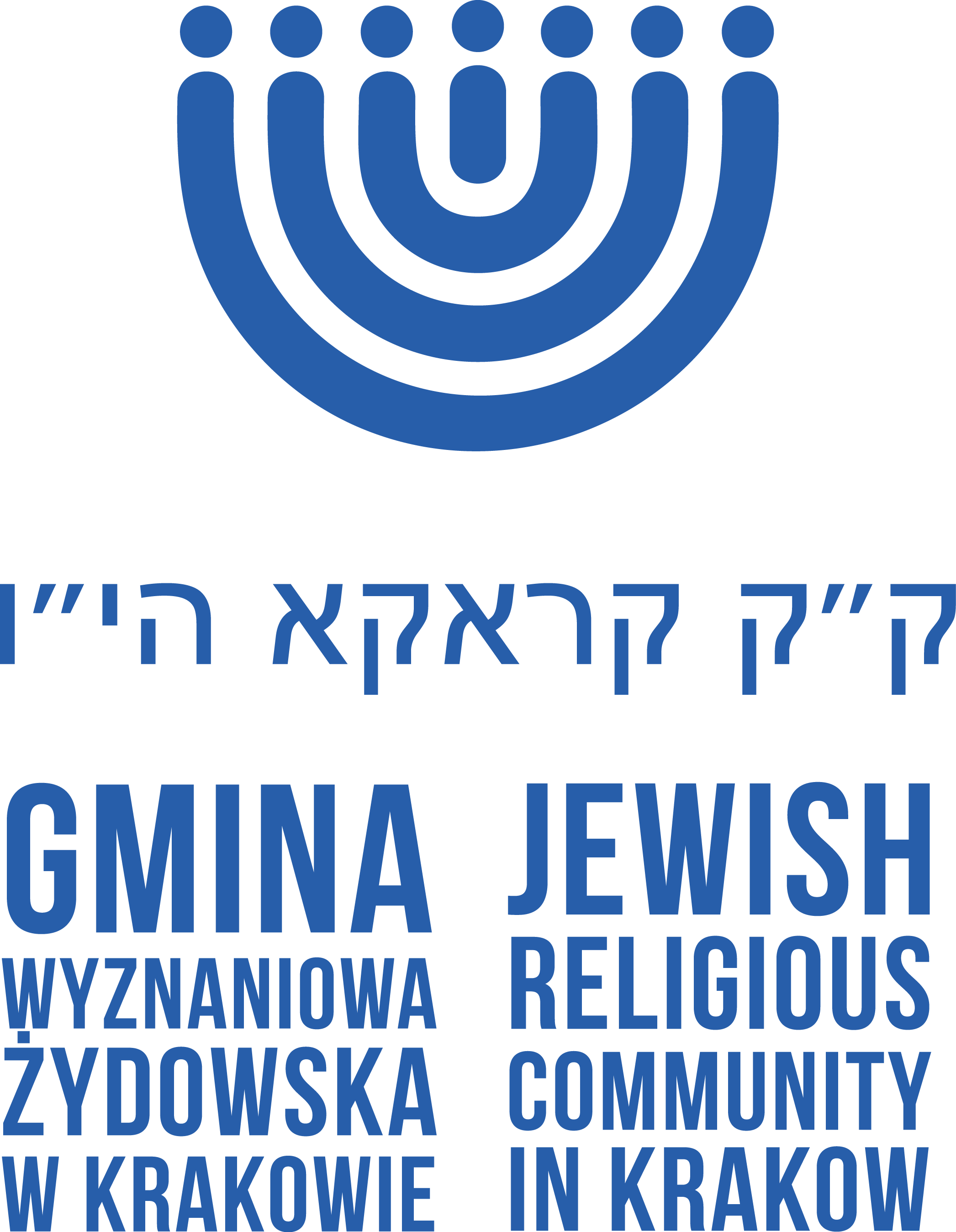We are now publishing a chapter by chapter summary of Majer Bałaban’s Historia Żydow w Krakowie i na Kazimierzu 1304-1868 (Kraków, “Nadzieja”, 1931) – History of the Jews in Kraków and in Kazimierz – which will be able to be found under the category “Bałaban” and “History”. We express our hopes that it might be useful.
This is chapter two, tome one, pages sixteen to twenty-eight, titled “Kazimierz the Great and his Time”
The greatest financial force in Krakow was Lewko the son of Jordan and Kaszyca. He died around 1395. He was described in documents as a trustful man. Documents show he used to buy and sell land, as well as to lend money on interest. He lent money outside of Krakow, reaching Tarnow and he was defended by the king. This made him unliked, as he collected debt for the city. The king borrowed large sums from him.
After the death of Kazimierz the Great, Wladyslaw Jagiello was king and Lewko his banker. Once again the king borrowed money from Lewko and many dignitaries had to be co-signers. Queen Jadwiga also borrowed money. When she died, the debt had not been repaid and the co-signers had to repay it.
Lewko also lent money to other important families, as well as to the richest among the people. The population started to complain about Lewko and tried even to get the pope to annul debts, which was unsuccessful. Because of his need for capital, Lewko also borrowed money from others.
His widow Swenka continued the business together with her children. Much debt was collected around 1409 and traces of Lewko can be found until 1422.
Another important Jew of the time was Smoyl, who was at some point president of the Jewish community. He died around 1406 and his wife was robbed one year later and then the children were forcibly baptised. In 1412 she gave away two houses to the Academy of Krakow.
During that time a Jossman was also known, he used to lend money to the small aristocracy. There are documents showing he had several houses.
Yet another was Feter, who lent money out of Krakow and out of Poland. He was accused of having a “hard heart” and of not giving in while trading. In 1406 he was accused of counterfeiting money and burnt at the stake.
These were are some of the most important capitalists in Krakow in the 14th century and in the beginning of the 15th. Apart from them there were both usurers and bankers.
Jews stopped trading in the Jewish street, especially as it was felt that Kazimierz the Great was not supportive of Krakow. For instance, in 1366 he started a new settlement in the Kleparz, which was not well-liked by the inhabitants of Krakow. Jews were accused of stealing and being unfair to debtors by going to court to collect the debts.
With the increase in members of the Jewish community the competition among them and the Christian inhabitants of Krakow increased. The city started to impose limits on trade by Jews and already in 1392 a statement is found, in which a Jew was compelled to state he would only sell his house to a Christian. Against this background of resentment, Jews started to sell their real estate and in the second half of the 15th century were also out of their Jewish street.
opinions expressed in the text belong solely to the author, and not to the author’s employer, organization, committee or other group or individual.
text: Dr D Cohen

